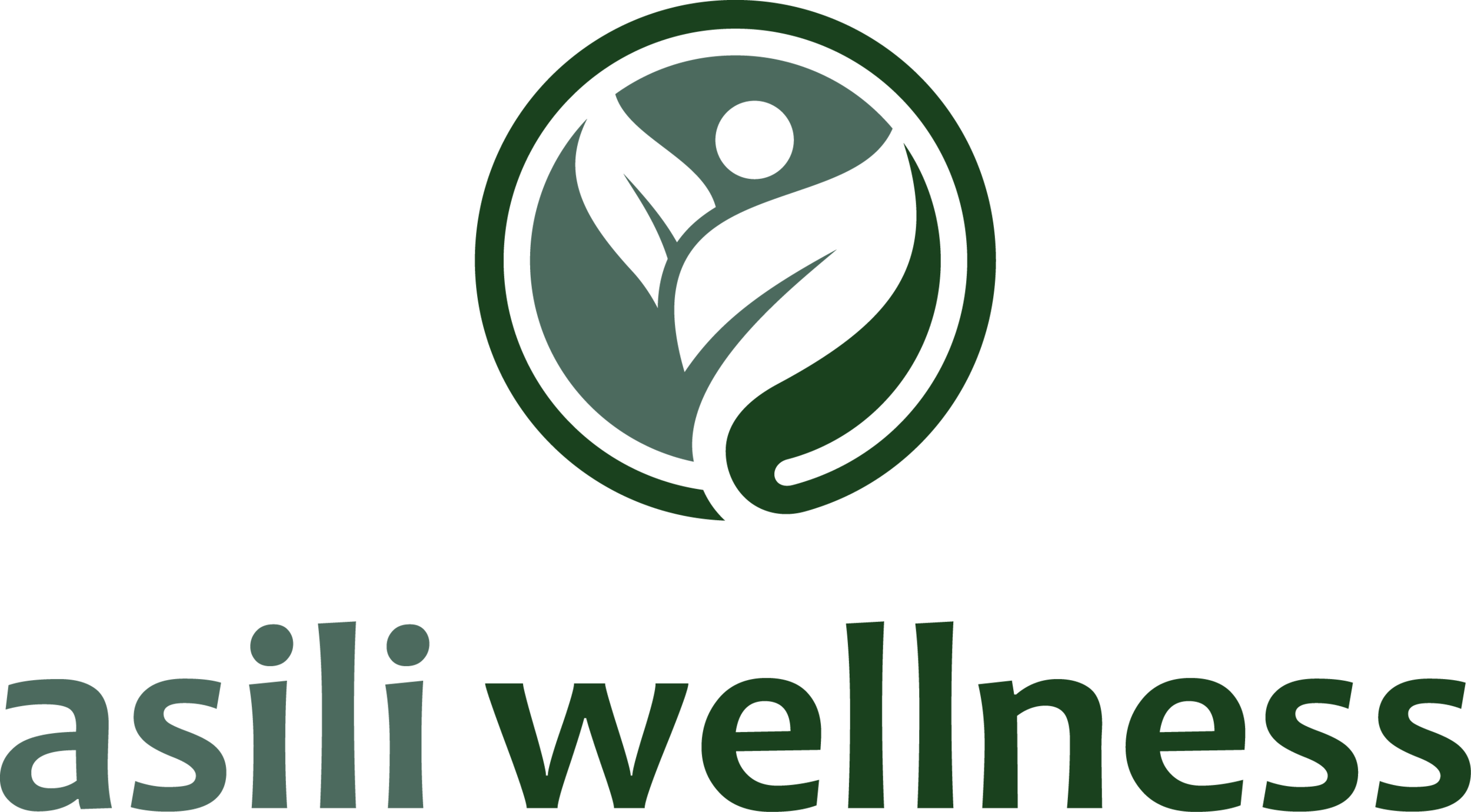Stress Less, Live More: Simple Tips for Boosting Your Well-Being
Stress can feel like that pesky friend who won’t leave in our busy lives! It affects everyone, no matter who we are or where we come from. While stress can sometimes weigh us down, it’s also a fantastic chance for growth and building resilience! By trying simple and effective strategies, we can tackle stress and create a life filled with well-being and joy.
Let’s Understand Stress Together
First things first, let’s discuss stress. It’s a combination of outside pressures and how we react to them, triggering physical responses in our bodies. When stressed, our bodies release hormones like cortisol and adrenaline, gearing us up to take action.
Although feeling stressed occasionally is normal, constant stress over time can damage our health, leading to issues like heart problems or anxiety. So, it’s super important to recognize what triggers our stress—work challenges, money worries, or daily annoyances. Identifying these triggers is the first step towards easing our stress!
Fun and Simple Strategies for Stress Relief
Here are some easy tips to help us tackle stress together:
(1) Practice Mind-Body Techniques
Let’s embrace mindfulness! It’s about being present and noticing our thoughts and feelings without judgment. Techniques like deep breathing or guided meditation can be excellent for calming our minds and bodies.
(2) Move Your Body
Get moving! Physical activity is a fantastic way to shake off stress and boost mood. Exercise releases feel-good endorphins and helps lower stress hormones. Whether it’s a brisk walk, a fun yoga session, or dancing around your living room, moving your body is critical to managing stress.
(3) Eat Well
What we eat can influence our stress levels. Foods rich in antioxidants, omega-3 fatty acids, and complex carbohydrates can lift our spirits and reduce stress. A balanced diet of colorful fruits, vegetables, whole grains, and lean proteins helps strengthen our resilience against stress.
(4) Get Your Sleep On
Let’s prioritize sleep! When we’re tired, stress can feel even heavier. Sticking to a regular sleep routine and creating a cozy bedtime environment can work wonders for our stress levels and happiness.
(5) Manage Your Time
Good time management and a healthy work-life balance can help reduce stress. Learning to prioritize our tasks and set boundaries can make a big difference, allowing us to tackle our responsibilities while making time for relaxation and fun!
(6) Stay Connected
Let’s build solid social connections! Spending quality time with loved ones and getting involved in community activities can offer fantastic support, helping to lift our spirits and lower stress.
(7) Enjoy the Great Outdoors
Don’t underestimate the magic of nature! Spending time outside can refresh our hearts and remind us of our beautiful world.
Incorporating these simple strategies into our everyday lives can lead to a more relaxed and joyful journey away from stress.
Final Thoughts
Stress might be a part of our busy lives, but it doesn’t have to take charge of our story. Using practical tips and joyful techniques, we can navigate the ups and downs of stress together and take charge of our lives. Here’s to embracing a happier, less stressed existence together!
At Asili Wellness, we offer holistic therapeutic services to enhance, nourish, and transform well-being.
We'd love to walk alongside you in creating your happiness and enhancing your ability to promote health, prevent disease, encourage self-care, and foster healing. Let's work together to fill your cup! Reach out today and schedule a complimentary consultation.
Explore Yoga + Talk Therapy
Shop Products
Join Thrive
thrive is a complimentary resource with fresh goodies each month intended to help you create a healthier lifestyle mentally, physically, and emotionally.
Call, email, follow, or shop today to start your journey!
Peace + Wellness, Dr. Nicole











